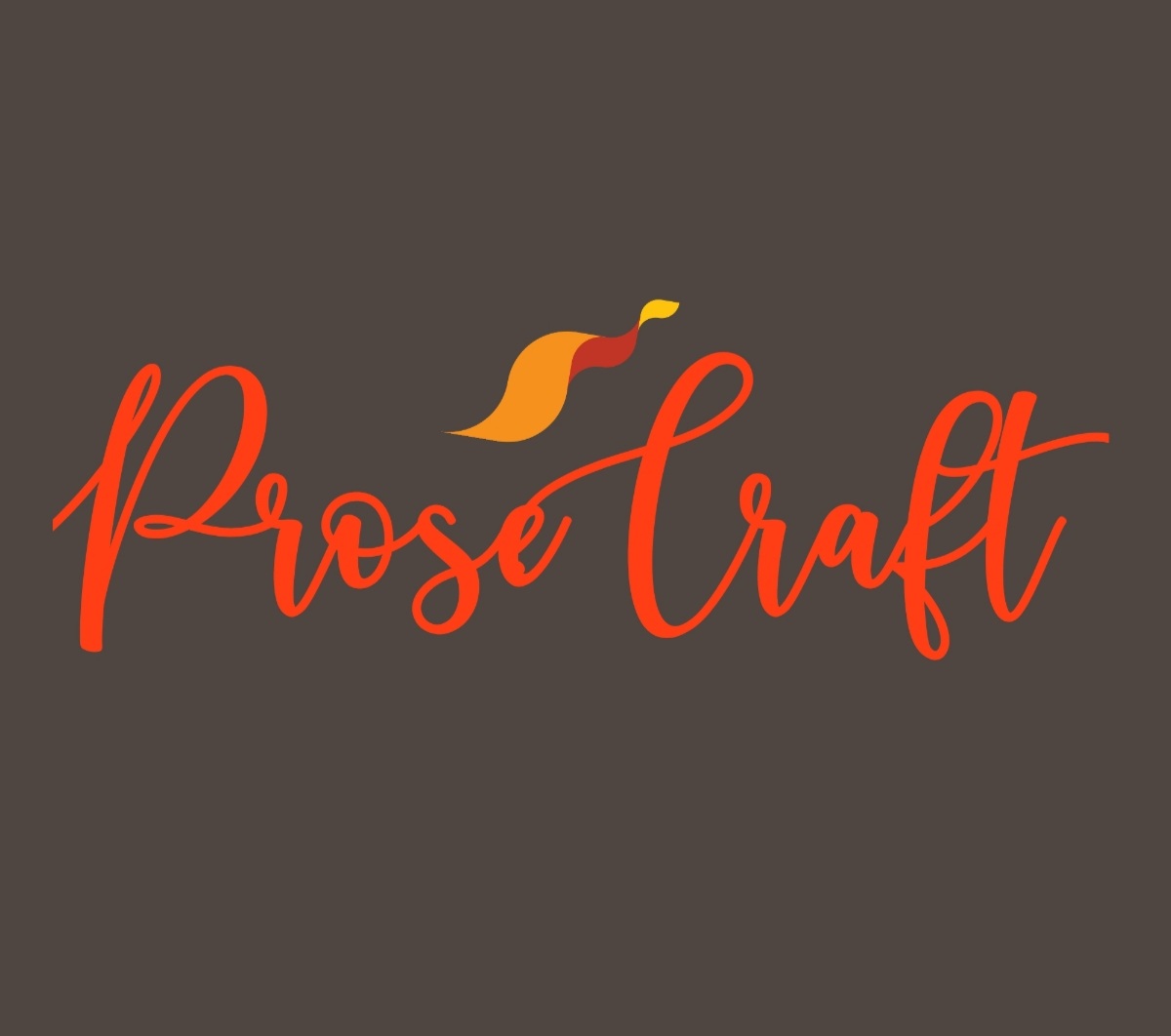Ever notice how Melville invents adjectives? If he can’t find one ready to hand then he’ll just make one up, often by tweaking a noun. Randomly opening the “Nightfall” chapter in Moby Dick I found these: “congenial to our clayey part;” “he got so frightened about his plaguey soul that he shrinked away from chasing whales.” You won’t find those adjectives in a dictionary (except maybe the OED). Here he creates adjectives from nouns.
Frequently Melville, a natural-born poet, will apply a concrete quality to something abstract, as in the sea’s “oily calmness,” or applying a human element to a concrete thing, as in “the waves were storied with his deeds.”
Would you ever think to use the adjective placeless? Melville stretches the idea into a haunting adverb, characterizing drowned sailors as “placelessly perished” — a phrase never used before or since.

First off I want to say excellent blog! I had a quick question in which I’d like to ask if you don’t mind. I was curious to find out how you center yourself and clear your head prior to writing. I have had a tough time clearing my thoughts in getting my ideas out there. I truly do enjoy writing however it just seems like the first 10 to 15 minutes are usually wasted simply just trying to figure out how to begin. Any suggestions or hints? Kudos!
I really appreciate your message. Anyway, to your question about getting focused when you try to start writing… There’s a mantrum among certain therapists that action precedes motivation rather than the other way around. So if you simply start writing key words representing what you’d like to write about, you might find that an outline starts to unfold. Usually your subpoints will come to mind quickly along with a hints of what will illustrate them and make them convincing. You’ll get a sense when you’ve found a path, and then just step into it and start writing. All kinds of stuff will conjure up as you shift into gear – then pause and note the images or options that arise and consider how they might fit with your plan. I rarely know in advance how sentences will unfold; they just seem to take on their own momentum, providing leads as to where to go next. Of course, that’s the first draft. At least then you’ll have material to jump into for a warm-up. Of course, good writing usually entails re-writing anyway, but when you get stuck on that, you can turn to key words again to advance forward.
I found your article very thought provoking. The way it was written made me look at things from a different angle and think about what I originaly thought, why not visit us 🙂 .I will definately be back again.